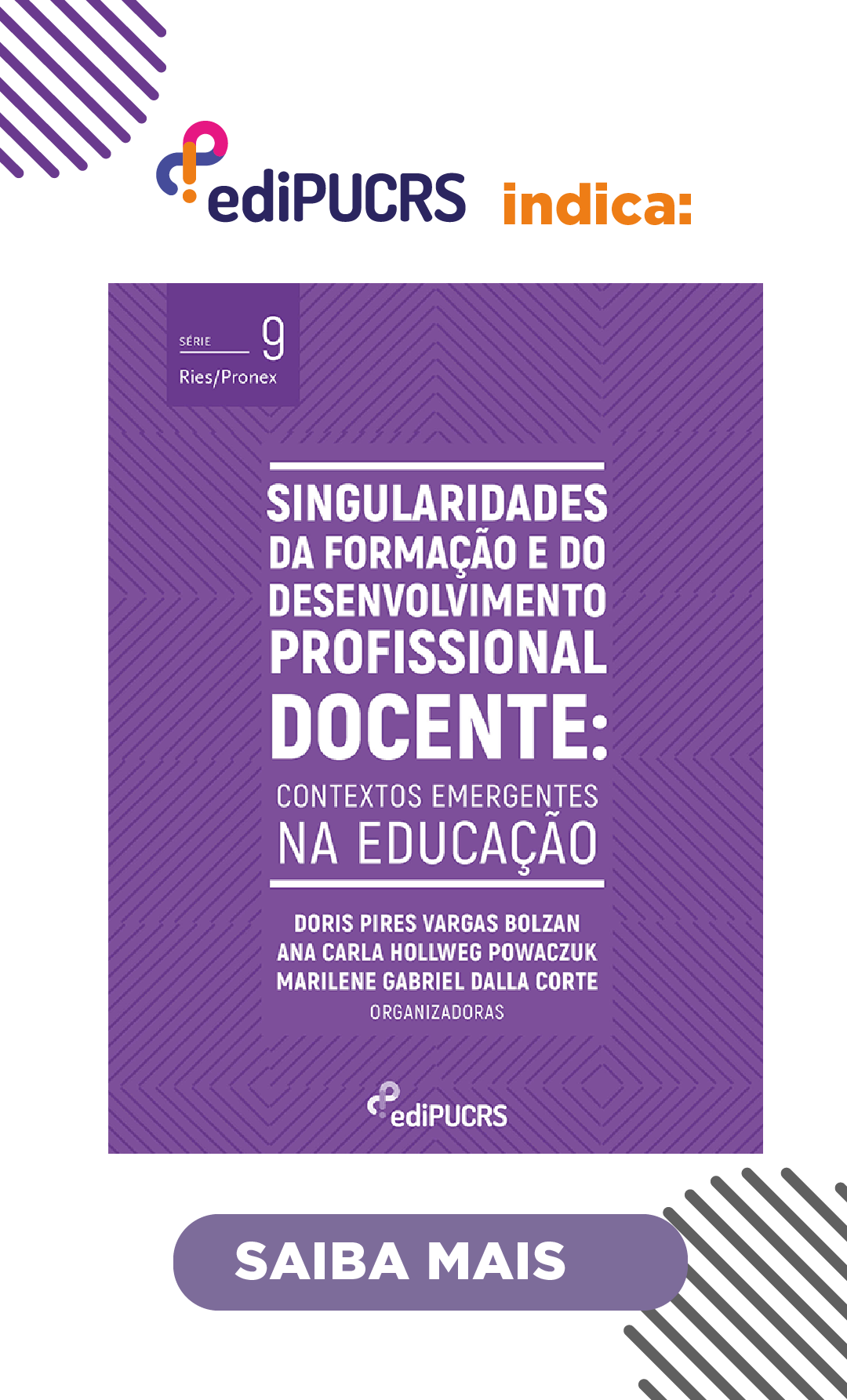Digital technologies in education: possibilities for education development for a global citizenship
DOI:
https://doi.org/10.15448/2179-8435.2017.1.27674Keywords:
Digital technologies. Education for a global citizenship. Teaching and learning processAbstract
The present study aimed to investigate the contributions of digital technologies to education for a global citizenship. There is an understanding that this citizenship concerns a belonging to a wider community, to humanity as a whole. In addition to cognitive skills, skills and knowledge, emerges a need for an education that contributes to the resolution of global challenges, which prove mutual respect. In this sense, it is evident that digital technologies are present in our lives and their use can contribute significantly in the educational context, in order to facilitate and qualify the teaching and learning process, encouraging the development of global citizenship education. This research is characterized as a qualitative research, an online questionnaire was used for data collection, and data analysis is based on the principles of discursive textual analysis. With this study, it was possible to verify that it is important for teachers to find ways of integrating technologies with appropriate methodological procedures so that students feel motivated, have more initiative, explore new possibilities, and are able to build their knowledge over of the educational process. We have realized that, although in some cases, the research participants did not affirm that technology can contribute to the development of education for a global citizenship, in their experiences it was possible to highlight the presence of aspects related to the promotion of critical thinking, of the dialogue, characteristics that are advocated by the pedagogy of education for a global citizenship.Downloads
References
BANKS, Marcus. Dados visuais para pesquisa qualitativa. Porto Alegre: Bookman, 2009. (Coleção Pesquisa Qualitativa).
BRASIL. MDE; SEB, DICEI. Diretrizes Curriculares Nacionais Gerais da Educação Básica. Brasília: MEC, 2013.
LIBÂNEO, José Carlos. Pedagogia e pedagogos: inquietações e buscas. Educar em Revista, Curitiba, n. 17, p. 153-176, 2001.
MORAES, R.; GALIAZZI, M. C. Análise Textual Discursiva. Ijuí: Ed. Unijuí, 2013.
MORAN, José Manuel. A contribuição das tecnologias para uma educação inovadora. Revista Contrapontos, Itajaí, v. 4, n. 2, p. 347-356, maio/ago. 2009.
MORAN, José Manuel. A educação que desejamos: novos desafios e como chegar lá. Campinas: Papirus, 2007.
NASCIMENTO, Maria Letícia. Apresentação Nove teses sobre a “infância como um fenômeno social” Jens Qvortrup. In: Pro-Posições, Campinas, v. 22, n. 1(64), p. 199-211, jan./abr. 2011.
PÉREZ GÓMEZ, Ángel I. Educação na era digital: a escola educativa. Trad. Marisa Guedes. Porto Alegre: Penso, 2015.
SANTOS, Pricila Kohls dos; GIRAFFA, Lucia Maria Martins. Trajetórias personalizáveis como estratégia para diminuir o abandono estudantil na Educação Superior a Distância/Customizable trajectories as a strategy to reduce student dropout in Higher Distance Education. Revista Internacional de Aprendizaje en la Educación Superior, v. 4, n. 1, 2017.
UNESCO. Educação para a cidadania global: tópicos e objetivos de aprendizagem. Brasília: UNESCO, 2016.
UNESCO. Educação para a cidadania global: preparando alunos para os desafios do século XXI. Brasília: UNESCO, 2015.
YOUNG, Michael. Para que servem as escolas. Educação e sociedade, Campinas, v. 28, n. 101, p. 1287-1302, 2007.
Downloads
Published
How to Cite
Issue
Section
License
Copyright
The submission of originals to Educação Por Escrito implies the transfer by the authors of the right for publication. Authors retain copyright and grant the journal right of first publication. If the authors wish to include the same data into another publication, they must cite Educação Por Escrito as the site of original publication.
Creative Commons License
Except where otherwise specified, material published in this journal is licensed under a Creative Commons Attribution 4.0 International license, which allows unrestricted use, distribution and reproduction in any medium, provided the original publication is correctly cited.





